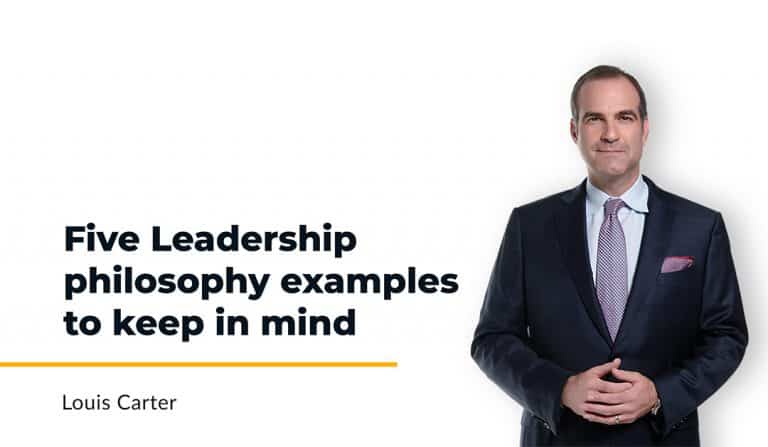Throughout history, certain individuals have stood out not only for their achievements but also for the way they inspired people to believe in something greater. These are the leaders who left behind more than political victories — they left behind hope, courage, and timeless lessons.
Among them, three names consistently rise to the top of global admiration: Martin Luther King Jr., Mahatma Gandhi, and Winston Churchill. Their circumstances differed, but their ability to inspire and mobilize people is what makes them unforgettable.
In this article, we’ll explore their stories, accomplishments, and leadership styles — and most importantly, the lessons that today’s leaders can learn from them.
Martin Luther King, Jr.
Martin Luther King Jr. is remembered as the voice of the U.S. civil rights movement and a symbol of justice, equality, and moral courage. His leadership combined moral clarity, nonviolent strategy, and extraordinary communication skills, making him one of history’s most influential figures.
Key Accomplishments
-
Montgomery Bus Boycott (1955–56): Sparked by Rosa Parks’ arrest, this 381-day protest led to the Supreme Court ruling that segregation on buses was unconstitutional.
-
“I Have a Dream” Speech (1963): Delivered during the March on Washington, it remains one of the most powerful calls for racial equality.
-
Civil Rights Legislation: King’s leadership and advocacy were pivotal in the passage of the Civil Rights Act of 1964 and the Voting Rights Act of 1965.
-
Nobel Peace Prize (1964): Awarded for his commitment to nonviolent resistance.
Leadership Style
King embodied servant leadership — putting the needs of the community above his own — while also showing transformational leadership, inspiring people to see a better future. His charisma allowed him to build coalitions across racial, religious, and political lines.
Lesson for Today
Great leaders don’t just demand change; they paint a vision of it so clearly that others want to join the cause. King’s example shows the power of combining moral conviction with nonviolent strategy to move an entire nation.
Mahatma Gandhi
Mahatma Gandhi became the face of India’s independence movement and one of the world’s most enduring symbols of peaceful resistance. His leadership philosophy of ahimsa (nonviolence) and satyagraha (truth-force) reshaped the fight for freedom and inspired global movements for civil rights.
Key Accomplishments
-
Non-Cooperation Movement (1920–22): Encouraged Indians to boycott British goods and institutions.
-
Salt March (1930): A 240-mile march protesting the British salt tax, galvanizing mass participation in the independence struggle.
-
Quit India Movement (1942): A nationwide call for British withdrawal from India, marking a turning point in the freedom struggle.
-
Global Influence: Gandhi’s methods later inspired leaders such as Martin Luther King Jr. and Nelson Mandela.
Leadership Style
Gandhi’s leadership mixed directive clarity (guiding people toward nonviolent action) with charismatic inspiration. He emphasized living by example, maintaining simplicity, and aligning personal behavior with political ideals.
Lesson for Today
Gandhi proved that lasting change can come from moral courage and peaceful persistence, even against immense odds. Modern leaders can learn that integrity and alignment between values and actions are as powerful as authority or force.
Winston Churchill
Winston Churchill, Britain’s Prime Minister during World War II, is remembered as the man who rallied his nation during its darkest hour. His leadership was marked by unshakable determination, bold decision-making, and unmatched oratory.
Key Accomplishments
-
“Finest Hour” Speeches (1940): His wartime addresses — “We shall fight on the beaches” and “Their finest hour” — inspired Britain to stand firm against Nazi Germany.
-
Battle of Britain (1940): Churchill’s leadership and coordination of the Royal Air Force helped repel German air assaults, preventing invasion.
-
Allied Diplomacy: Strengthened ties with the U.S. and Soviet Union, securing critical support through initiatives like the Lend-Lease Act.
-
Legacy: Recognized globally as one of the most decisive leaders of the 20th century.
Leadership Style
Churchill combined charismatic leadership with task-oriented pragmatism. He collaborated with allies, demanded accountability, and used rhetoric to keep morale high when Britain faced overwhelming odds.
Lesson for Today
Churchill shows the importance of resilience in crisis. Leaders may not control circumstances, but they can control their response — setting the tone for an entire organization or nation.
Common Traits of Loved Leaders
Though these leaders lived in different contexts, a few themes unite them:
-
Clarity of vision: Each articulated a future worth fighting for.
-
Moral conviction: They aligned their personal values with their leadership.
-
Communication mastery: Their words mobilized millions.
-
Resilience under pressure: They remained steady in times of crisis.
Final Word
Great leaders rarely follow a straight path. Martin Luther King Jr., Mahatma Gandhi, and Winston Churchill each faced setbacks, imprisonment, or near-defeat. Yet their ability to inspire, endure, and act with conviction made them loved across generations.
For modern leaders, their stories serve as a reminder that leadership is less about position and more about the courage to serve, inspire, and persist.






